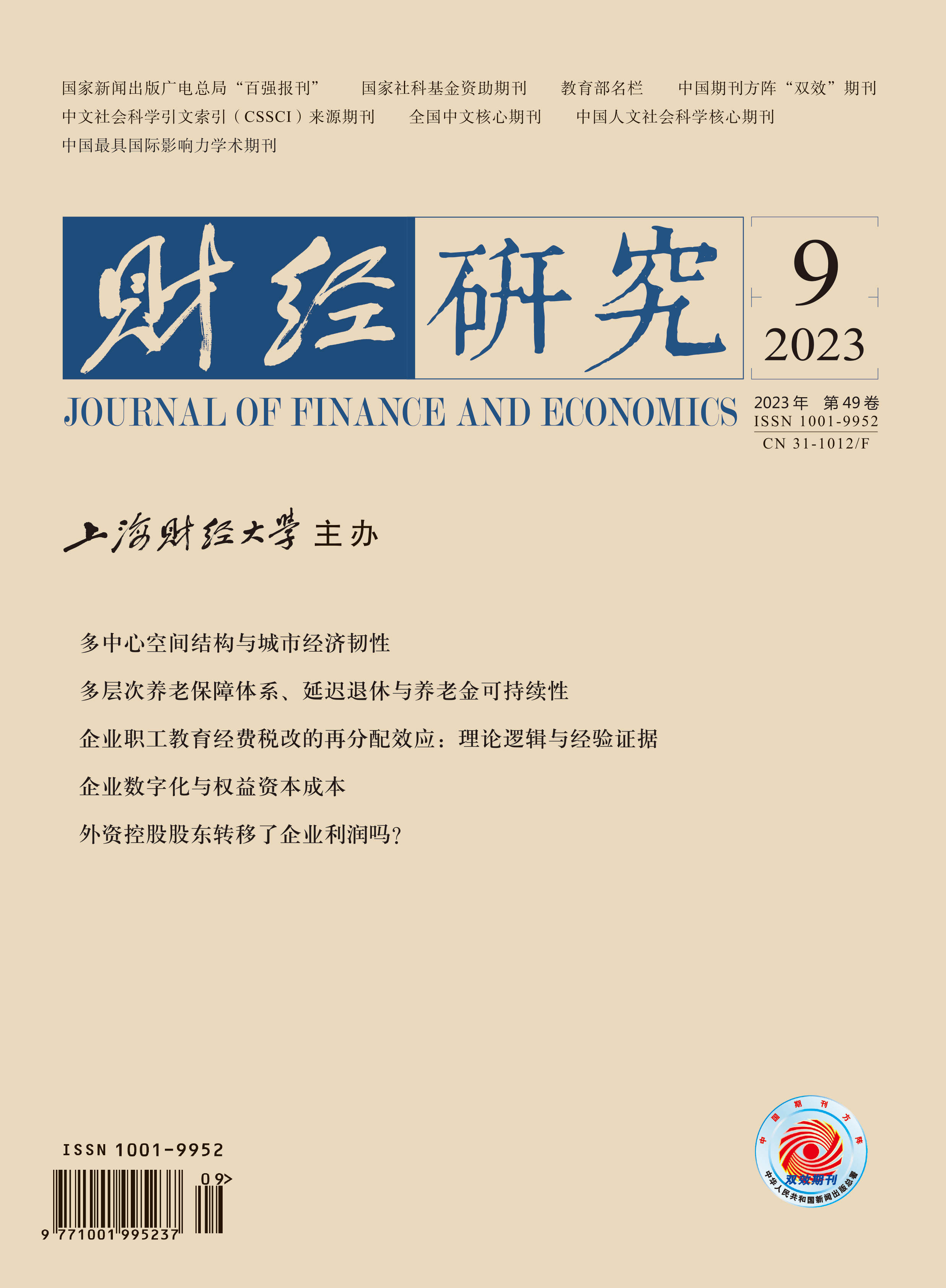There have been fiscal behaviors of local governments such as the excessive reliance on land finance and the preference for public spending under China’s special fiscal and taxation system. As the unsustainability of land finance becomes more apparent, the introduction of property taxes at the national level would provide local governments with stable fiscal revenue and further affect basic public services actively. By exploring the relationship between property taxes and basic public services, this paper can help to optimize the structure of local revenue, promote the equalization of public services, and enhance public welfare. Based on the analysis of the mechanism by which property taxes affect basic public services, the property tax piloted in Shanghai and Chongqing (from 2011) is used as a case to analyze the empirical policy effect. A synthetic control method (SCM) is used to identify the effects in the two cities, using panel data from 35 large and medium-sized cities across China from 2003 to 2019.
The results show that property taxes improve not only the overall level of basic public services in Shanghai and Chongqing, but also the level of particular categories such as basic education, medical hygiene, infrastructure, and urban living environment. Furthermore, there is heterogeneity in the effects in the two cities, which may be attributed to the differences in urban development and pilot details.
This paper may have the following contributions: First, it examines the policy effect of property taxes from a new perspective of basic public services. Second, it deepens the theoretical research on the relationship between property taxes and basic public services. Third, it enriches the empirical results on the policy effect of property taxes and provides guidance for the popularization of property taxes in accordance with local conditions. The policy recommendations are as follows: First, in promoting and reforming property taxes in China, the property tax revenue could be integrated into the local fiscal system (which can be refined to the district and county levels) and stipulated to be used for local basic public services. Second, the concrete tax rules should be differentiated by taking into account the differences in the actual situation of regional fiscal revenue, expenditure structures and established public services. Third, it is better to coordinate the reform of the property tax policy with other fiscal reforms.





 5039
5039  3646
3646

